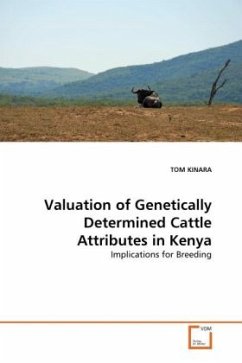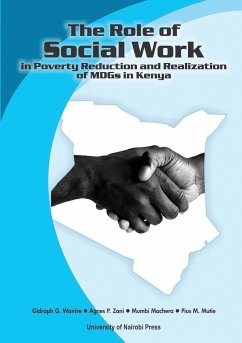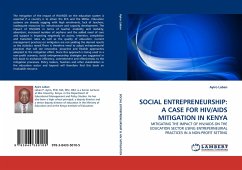Pastoralist in developing countries keep livestock with unique genetically determined traits. In marginal environments, local livestock breeds are crucial for sustaining rural livelihoods by producing a wide range of products while requiring relatively low levels of input with regard to fodder, management and health care. Cattle stand out across in terms of provision of non- market services, including draught power, manure, risk management, asset storage, community bonding, and ceremonial services, amongst others. Therefore the maintenance of the adapted cattle breeds is ecologically more sustainable and will ensure sustainable food and livelihood provision for communities. However, economic forces of globalization as well as political backing for crossbreeding with exotic breed, among other factors have already resulted in the extinction of a large number of breeds and many more are threatened.
Bitte wählen Sie Ihr Anliegen aus.
Rechnungen
Retourenschein anfordern
Bestellstatus
Storno








